Developing enquiries
Developing child led enquires encourages children to be active learners by raising their own questions which supports a whole classroom. Good enquiry questions support higher order skills such as: analysing, evaluating, researching, interpreting, critical thinking and reaching a final judgement or conclusion.
-

In My View: Creativity & History
ArticleClick to view -

Case Study: Hit the net!
ArticleClick to view -

A museum in the classroom: Learning history from objects
ArticleClick to view -

Creating a school museum
ArticleClick to view -

Chronology and local history: Year 6
ArticleClick to view -
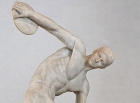
Primary History and planning for teaching the Olympics - four curricular models
ArticleClick to view -
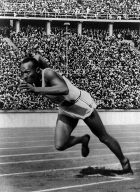
From Champion to Hero: Engaging Pupils in a study of significant Olympians
ArticleClick to view -

Investigating the ancient Olympic games: A Case Study
ArticleClick to view -
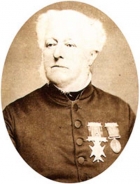
Shropshire's Secret Olympic History
ArticleClick to view -

Local History and the 2012 Olympics
ArticleClick to view -

Children's Thinking: Developmental psychology and history education
ArticleClick to view -

Learning to engage with documents through role play
ArticleClick to view -

Using classic fiction to support the study of childhood in Victorian times
ArticleClick to view -

Hearts, Hamsters and Historic Education
ArticleClick to view -
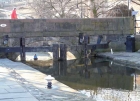
History in the Urban Environment
ArticleClick to view -
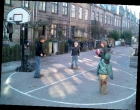
Learning what a place does and what we do for it
ArticleClick to view -

Children's thinking in archaeology
ArticleClick to view -
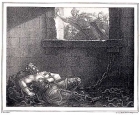
Here come the Vikings! Making a saga out of a crisis
ArticleClick to view -
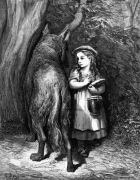
Folk tales: Universal values, individual differences
ArticleClick to view -

The Leeds Community History Project
ArticleClick to view

